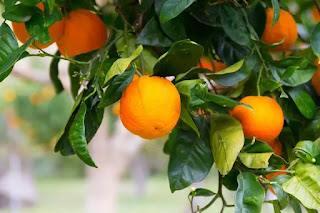Olive picking!
While the unique qualities of the Greek climate and soil
are seminal to the ultimate quality of its olive oil, so too is the
manner in which Greek olives are harvested and crushed.
In
some places, the olive harvest starts as early as October, when the
fruit is still not fully mature. The oil from these green, unripe olives
is called agourelaio, (“immature” olive oil). This oil is
produced in small quantities and therefore in high demand. It is
characterized by a strong peppery taste.
Most olives
are harvested starting in November, just as the fruit turns from
greenish to purple-black. The best time to pick
is when the fruit is
three-quarters black. It is then that the best bouquet and lowest
acidity are achieved.
Greek olives are handpicked, a
job that requires the participation of the whole extended family. So
close are Greeks’ ties to the land and to their olive groves that Greece
is the only country in the European Union that gives its civil servants
special leave for the olive harvest
Once picked, the
fruit is placed in baskets or sacks and carted out of the field.
Because most Greek olive groves are very old and the terrain in most
cases mountainous, there are often few roads leading to and from the
groves. Farmers sometimes have to resort to primitive means—mules and
donkeys—in order to transport the fruit from field to mill.
During
the length of the harvest olive oil mills work around the clock. The
ties between the farmer and the olive mill owner usually go back many
years. This is another one of the beauties of olive oil in Greece—from
field to mill there is always something personal in all the production
stages: pride in the sturdy olive-laden trees of a particular grove,
mutual understanding that picking has to get on as fast as possible,
common pleasure of farmer and mill owner alike over a fresh batch of
well-picked, healthy olives.
Finally, as the olives
are pressed and their rich and delectable juice pours out of the spout,
the traditional way of sampling the first young oil is to run a piece of
toasted bread under it. Heated arguments are exchanged over its
fruitiness, its mellowness, and its low acidity. With 75% of all Greek
olive oil being extra virgin, the probabilities of ending up with
inferior oil are indeed small. The issue at hand is not whether it is a
good oil but how good an oil!


.webp)
